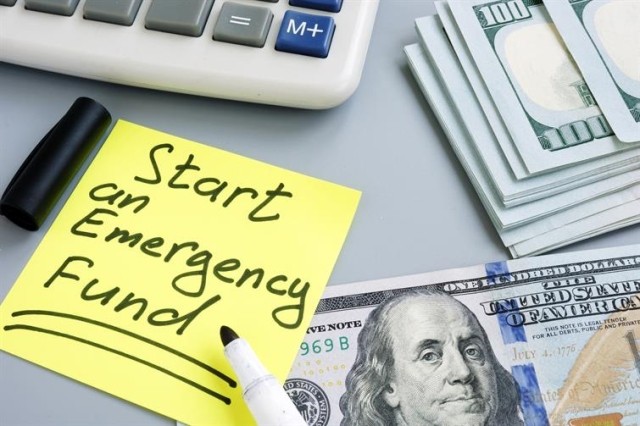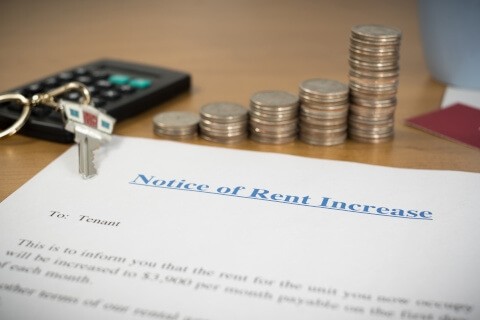It’s widely known that you need to have a good amount of money to purchase real estate. While some investors are able to put down 20% payment on all of their rental properties, this can quickly prove to be a drain on your bank account and keep you from purchasing additional properties for several years.
To be a successful investor, you need to be creative in both structuring and financing your real estate deals. Taking a proactive approach in your financing strategies will ultimately fund the growth of your real estate investment business.
Know that it is possible to invest in real estate with little money down. The following options involve investing $1,000 or less of your own money when purchasing a rental property.
Seller Financing
Seller financing, also known as owner financing and a purchase-money mortgage, is when the party selling a property handles the mortgage process instead of a financial institution. Seller financing is a popular method of financing, but it comes with a few caveats you should be aware of.
If you choose to go down this route, provide as much security as you can to the seller that you will be able to make payments up front. That way, you’ll have a better chance of having your offer accepted. The seller needs to be willing to finance the property and have trust in you upholding your end of the bargain. One secure option you can suggest up front is making automatic online payments via Apartments.com Rental Tools.
A prime benefit of seller financing is being able to negotiate the terms of your loan repayment. For example, you can structure the loan in a way that enables you to defer payments for the first three months of owning the property. You’ll have the chance to renovate the property and get it rented before you even have to start repaying the loan.
Joint Venture/Equity
A joint venture resulting in equity involves partnering with another investor to purchase property and supplementing each of your investments with a bank loan. For example:
- Partner A contributes $1,000
- Partner B contributes $1,000
- Partner B takes out a shorter-term loan for $8,000
- The bank loans $60,000 towards the investment
In this scenario, Partner B’s shorter-term loan must be repaid within one year. If the loan is not repaid, the debt is then converted to equity, allowing Partner B to own 60% of the deal.
Partner A would still own 40% of the deal, with a contribution of $1,000.
Private Loan
A private loan is a loan organized between you and a private lender. With a private loan, you can negotiate the terms to suit your deal. It’s common for investors to negotiate no payments for one year for a short-term, private money loan. Keep in mind when pricing your rental that the interest rates for these kinds of loans tend to be higher than the interest rate for a traditional mortgage.
Home Equity Line of Credit
A home equity line of credit (HELOC) is a line of credit secured by the equity in your primary residence. Similar to a credit card, a HELOC affords you a revolving source of funds that you can use as you choose. A HELOC usually has a lower interest rate than other types of loans, and the interest may even be tax deductible.
As with other lines of credit, banks like to see movement in the balance. So, if you plan to buy and keep a property as a rental, be sure to use that line of credit to purchase and renovate the property. Then, refinance the property with a more permanent type of loan.
Wholesale
A wholesale is similar to a property flip, but there is no renovation involved. A wholesaler contracts with a seller and advertises the seller’s property to potential buyers. Then, the wholesaler assigns the contract to a buyer, making a profit between the contract set up with the seller and the amount a buyer ends up paying for the property. The wholesaler’s goal is to find a buyer before the contract with the seller ends.
You, the wholesaler, just collect a fee and move on with this strategy. However, these fees are fairly low considering the amount of time needed to find motivated buyers and sellers. A major benefit of this strategy is that most of the wholesaling work can be completed online or on the phone, so you’re not limited to your location.
Rent Your Home
Sometimes referred to as house hacking, renting part of your primary home is a great way to get started with real estate investment. Consider purchasing a duplex, triplex, or fourplex/quadplex, where you can live in one unit and rent out the other units. You can rent out a basement apartment or guest house. You can even rent out additional bedrooms in your house to roommates if you’d like.
Although investing in real estate is commonly associated with procuring large sums of money, it is possible to invest in real estate with little money down. Let us know on our social channels if you’ve tried any of these financing strategies or if you’ve found success using other methods to grow your real estate business.











